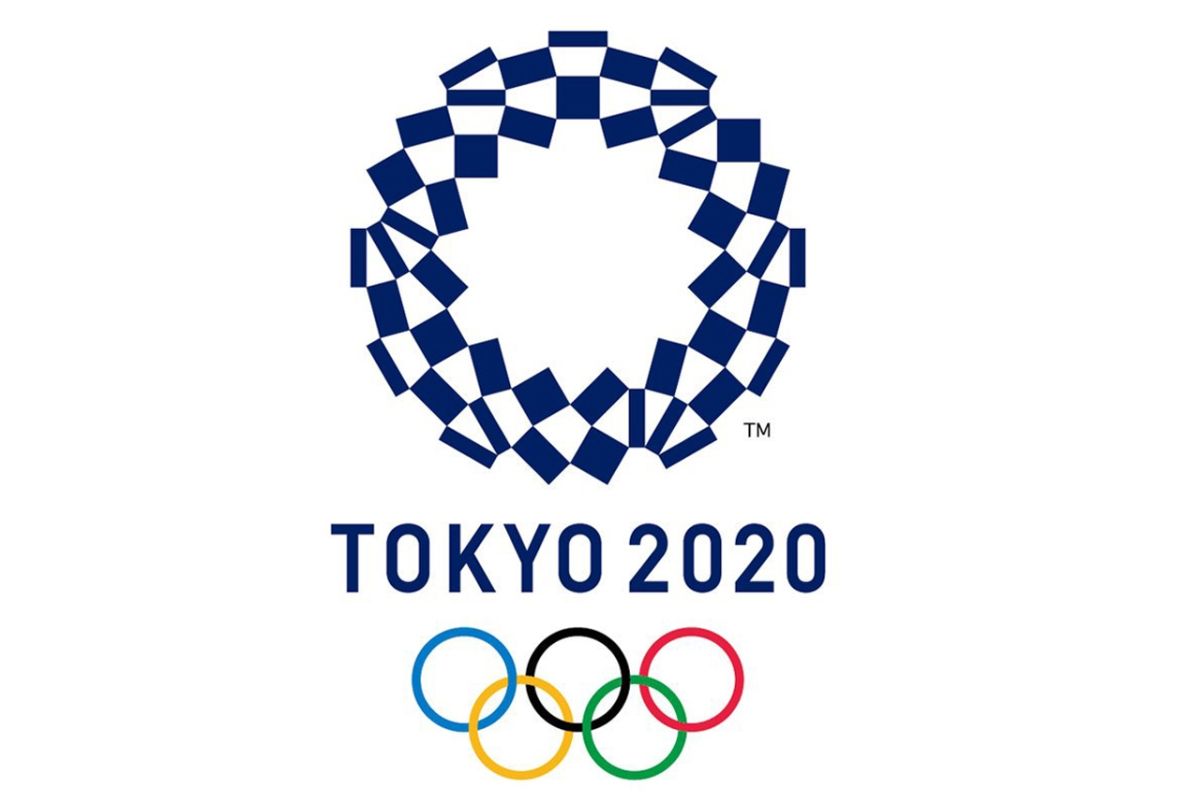If anyone can, it’s Japan. This unofficial post-World War II motto is now more relevant than ever as the Covid-19 delayed Tokyo Olympic Games get underway in July this year. With about five months to go before the Olympic torch is lit, the new president of the Tokyo Games organising committee Ms Seiko Hashimoto has key challenges to overcome.
For starters, her confirmation is in itself a major positive as the former speed skater and track cyclist has the second-highest Olympic appearances of any Japanese athlete, having represented her country in four consecutive Winter Olympics from 1984 to 1994 and in three consecutive Summer Olympics from 1988 to 1996.
That she has taken over in difficult circumstances given the year-long delay due to the pandemic and the special protocols which have to be fine-tuned to allow thousands of athletes and possibly millions of spectators to participate in the Games safely, is obvious. Her task was further complicated by the disruption caused by her predecessor Mr Yoshiro Mori who had to quit over a row triggered by his widely criticised sexist remarks. Ms Hashimoto’s appointment is seen as an unequivocal riposte to Mr Mori’s comment that “women talk too much”.
She has certainly been known to walk the talk both as a highly regarded athlete and an extremely competent government minister. Among her first challenges is to finalise the SOPs to implement safety measures for the Olympic torch relay for regional or prefectural administrations to follow as that takes place before the formal opening of the Games.
But the biggest issue the organising committee has to get its head around is whether to limit the number of spectators at various Olympic venues or even if they should be allowed at all. The plan at the moment is for all venues to be fully open to spectators, both domestic and overseas. But fears of a second wave of Covid-19 are weighing heavily on the minds of the organisers and the spike in cases over the new year holidays has given them cause for concern. Indications are that overseas visitors may be limited or disallowed. Nobody would blame the committee if it decided to place at least some limits on foreign visitors given the strict adherence to Covid-19 norms which the Japanese people have shown has not been replicated by citizens of other nations. Indeed, masking, distancing and washing have been widely prevalent in Japan long before the pandemic struck.
The hit to the economy, however, will be severe. About 900,000 tickets have been sold, and many ticket holders have booked hotels. These monies will have to be refunded. Ms Hashimoto has to deal with onfield challenges too. The International Olympic Committee’s diktat last month that 25 per cent of Olympic qualification spots will be determined by qualifying events means that many of these events which were to be held in Japan but had been postponed will have to be squeezed into a short timeframe.
On the other hand, the Japanese government is suspending exemptions that allow the entry of foreign athletes for qualification events due to public health concerns. Given Ms Hashimoto’s track record, though, if anyone can overcome these challenges it is her.












